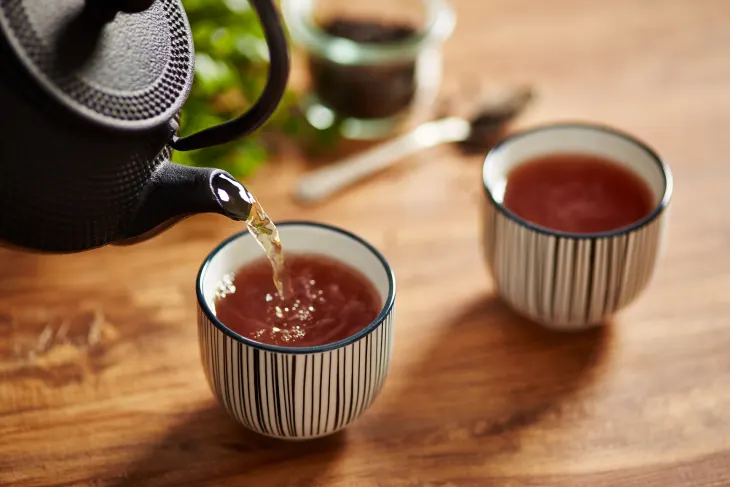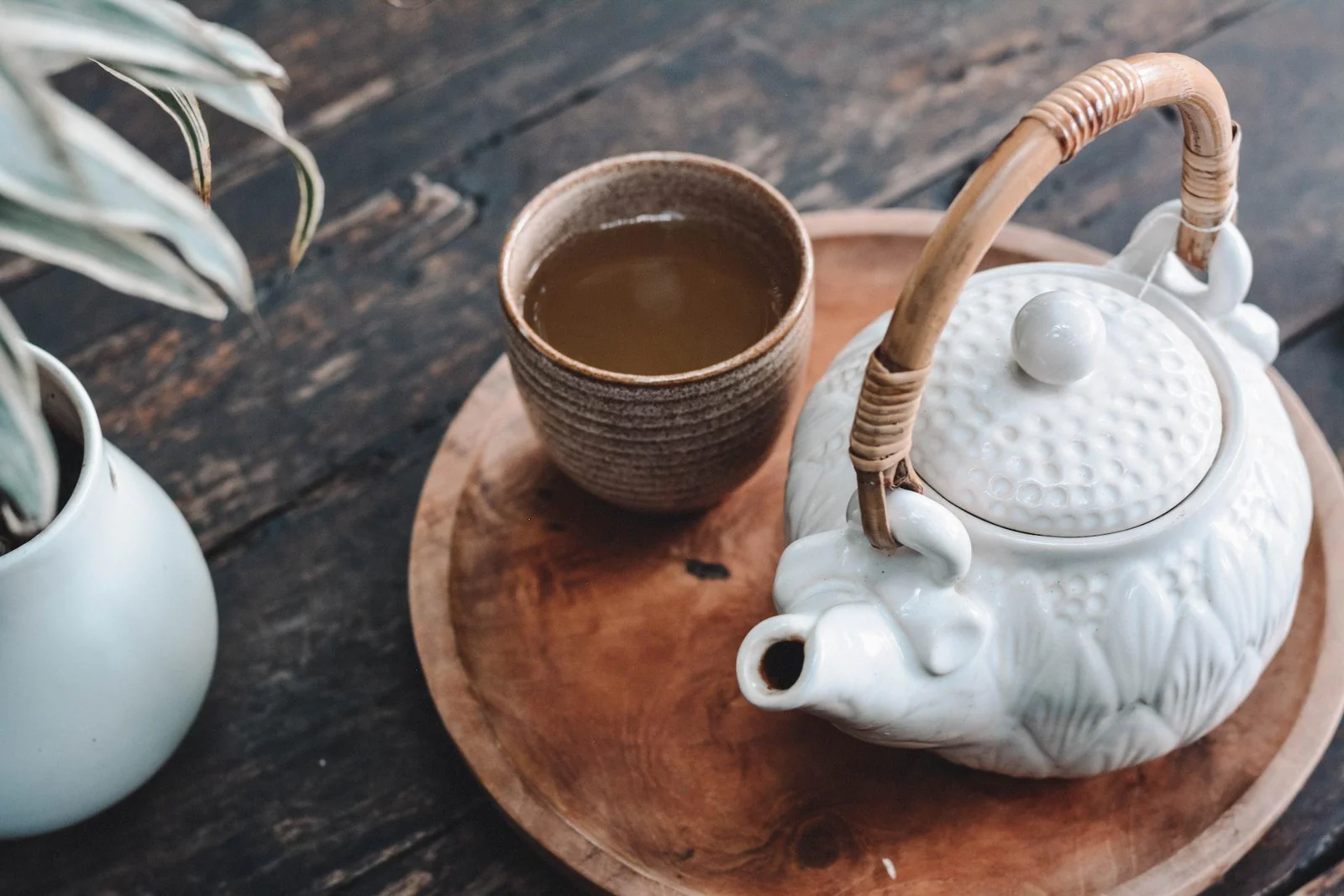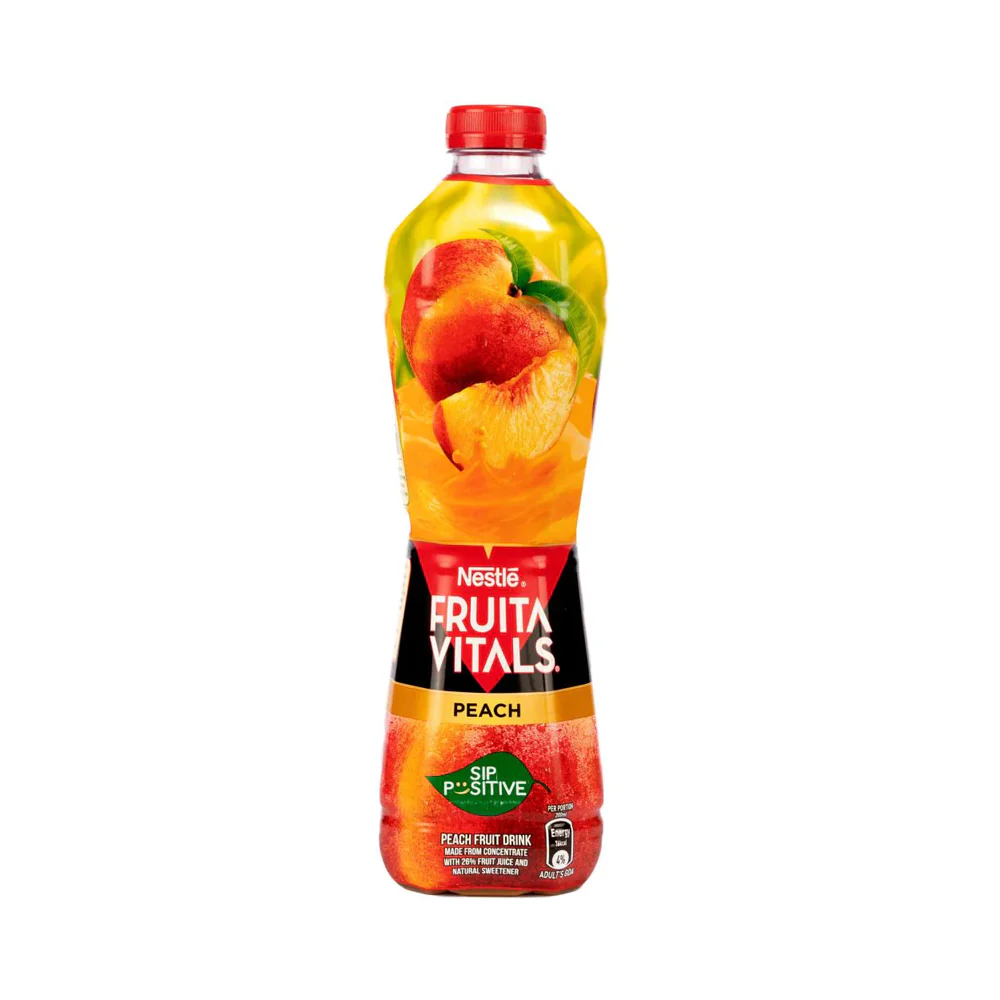Is alma or arai better for a tea brand for a tea brand, or does Arai come out on top?
If you’re trying to pick between the two, the differences might be subtle but crucial.
Let’s break it down to see if one of these names has that extra edge.
Why Your Tea Brand’s Name Matters
Imagine this: you’re about to order tea from a new brand online.
You see two options – one named alma or arai better for a tea brand.
Which one catches your eye?
A brand name is more than a label; it’s the very first impression of what your tea might feel, taste, and even smell like.
Choosing between Alma and Arai could mean finding a name that brings instant warmth to your audience or something that feels modern and fresh.
Let’s take a closer look at each name’s vibe, connection to tea, and potential draw.
Alma: Soft, Inviting, and Rooted in Tradition
The name Alma has a calm and soothing quality, fitting nicely with a tea brand that wants to highlight a relaxing experience.
It’s also derived from Latin, meaning “alma or arai better for a tea brand” – both fitting themes for tea.
Think about what you want from a tea brand: a warm, inviting feel, something cozy to wrap your hands around in a quiet moment.
- Pros of Alma:
- Strong historical and emotional ties
- Soft sound that’s easy to remember
- Perfect for a brand leaning into wellness and comfort
- Cons of Alma:
- Could come across as too soft, maybe even generic
- Doesn’t scream “modern” – so it might feel old-school if your brand’s all about innovation
If you’re looking to emphasize comfort, calm, or even nostalgia in your tea, Alma may be a solid choice.

alma or arai better for a tea brand, and Mysterious
Now, Arai.
Compared to Alma, Arai has a bit of an edge.
The name Arai doesn’t tie back to any common root word that consumers might know, making it feel fresh and intriguing.
Arai might fit perfectly if you’re aiming for a tea brand that feels sophisticated, unique, or even a bit luxurious.
Imagine a new-age tea blend, something like a white peach oolong or a complex green blend – Arai feels like the kind of brand name that would house these.
- Pros of Arai:
- Modern and unique, ideal for a trendy brand
- Short and memorable, perfect for standing out in a crowded market
- Creates curiosity, making it easy for the brand to be recognized in high-end spaces
- Cons of Arai:
- Lacks immediate warmth, which tea drinkers often love
- Might feel too mysterious, potentially missing the sense of “comfort”
If your tea brand is targeting younger, trendier tea drinkers, Arai could be the name that feels right.
Who’s the Audience?
Before picking alma or arai better for a tea brand, think about who will drink your tea.
Is your audience someone who loves tradition and comfort?
Or are they drawn to unique, trendy products?
- Alma: Traditional, nurturing, appeals to those seeking comfort
- Arai: Modern, fresh, appeals to a trendier, younger crowd
Both names have their strengths, but each brings a different energy to the brand.
Real-Life Examples of Branding Choices in Tea
Look at the tea market giants for clues:
- Yogi Tea emphasizes wellness, with a name that feels grounding and earthy – very similar to what Alma could provide.
- Tazo sounds exotic and unique, much like Arai, and it stands out as a trendy, bold brand.
Big tea names like these show us that a single word can hold a whole brand story.
Whether it’s wellness or intrigue, the name you pick could set you apart.

Choosing Between Alma and Arai for SEO and Branding
Choosing between Alma and Arai isn’t just a creative choice; it’s a strategic move.
The name you choose will impact SEO, brand recall, and the general feel of your marketing.
If you go with alma or arai better for a tea brand, expect to see your brand fitting into wellness and holistic markets.
It might draw more organic search interest from people looking for a cozy, relaxing tea brand.
Choosing Arai might help you stand out in luxury spaces or attract audiences looking for something unique and edgy.
Think of the keywords associated with each:
- Alma could lean into wellness, warmth, and relaxation.
- Arai would likely appeal to those searching for unique, premium, or innovative tea products.
alma or arai better for a tea brand: FAQ
Which name is better for a wellness-focused tea brand?
- Alma could be your go-to here, as its roots in “alma or arai better for a tea brand” make it feel soothing and inviting, much like a wellness brand.
Would Arai work better for a luxury tea line?
- Yes, Arai’s uniqueness and modern appeal can lend itself well to a luxury tea brand. Its mystery creates an allure perfect for high-end products.
What’s easier to brand with strong visuals – Alma or Arai?
- Arai might give you more freedom with modern, sleek branding visuals, while Alma would be great for softer, more traditional imagery.
Does Arai work well for a younger audience?
- Definitely. The edgy feel of Arai can be more attractive to younger consumers looking for unique or premium tea options.
How would Alma or Arai affect SEO?
- Alma may naturally fit into SEO spaces around wellness and comfort-related searches.
- Arai could attract searches for high-end or unique teas, standing out in niche areas.
Final Thoughts: alma or arai better for a tea brand?
When it comes down toalma or arai better for a tea brand, each has its place.
Alma fits for a tea brand that wants to focus on warmth and nurturing vibes.
Arai stands out for a brand that leans into luxury and intrigue.
Choosing between alma or arai better for a tea brand depends on the feeling you want to give your audience – and how you want your brand to be remembered.
In the end, whichever name resonates with your brand’s values and audience should be your winner.
Both Alma and Arai offer strong foundations to build a memorable tea brand.







